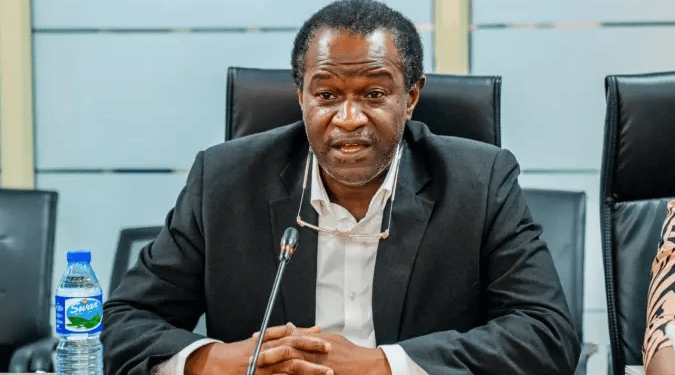The Nigerian Education Loan Fund (NELFUND) has called for closer collaboration with the National Assembly to ensure the effective implementation of its 25 percent allocation from the newly introduced Development Levy.
The levy, created under the National Taxation Act (NTA 2025), imposes a 4 percent tax on the assessable profits of taxable companies, excluding small businesses, non-resident companies, and profits subject to hydrocarbon tax.
According to NELFUND’s Managing Director, the allocation represents a major milestone in transforming Nigeria’s education financing system. He, however, stressed that timely appropriation by lawmakers and efficient releases from the Ministry of Finance and the Office of the Accountant-General are essential to unlock the full potential of this funding.
He further highlighted the importance of broad-based sensitisation to ensure that students, families, and institutions understand how to access and benefit from the loan scheme. “Equally important is intensive nationwide sensitisation, which will ensure that students, families, and institutions fully understand and embrace the opportunities available under this new framework,” he said.
NELFUND outlined its forward-looking plans, which include expanding sensitisation campaigns across the country, investing in digital platforms for transparent and efficient loan administration, strengthening partnerships with tertiary institutions to improve repayment frameworks, and deepening outreach to underserved regions and vulnerable groups to ensure inclusivity.
The Fund also reaffirmed its commitment to accountability and transparency, assuring that every naira allocated will be channelled into broadening access to education and building Nigeria’s human capital.
“The 25 percent allocation from the Development Levy gives us the capacity to reach more students, strengthen our systems, and deliver on our mandate more effectively,” the Managing Director said. “However, for this opportunity to translate into real impact, we need strong collaboration with the National Assembly in the appropriation process and in nationwide sensitisation.”










